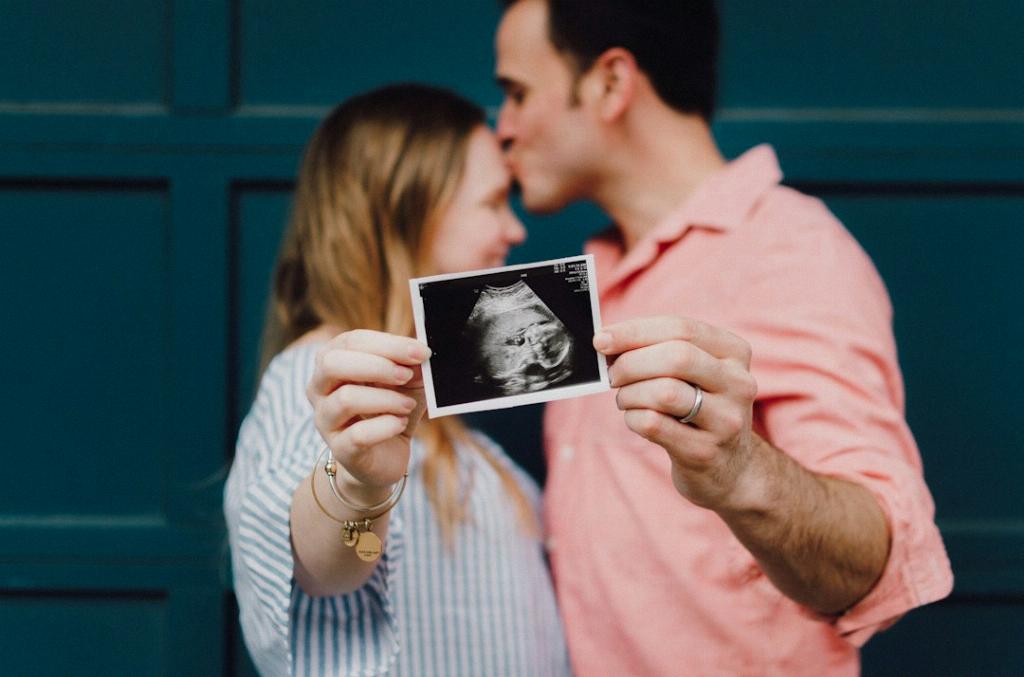One of the most significant mysteries and misconceptions surrounding pregnancy is the exact duration of a full-term pregnancy. It’s a question that often confuses expectant parents and even catches some healthcare professionals off guard. So, let’s dive into the details to unravel the truth about whether a full-term pregnancy spans nine or ten months.
Understanding Pregnancy Weeks and Months
When it comes to measuring pregnancy, medical professionals primarily use weeks and days rather than months. A full-term pregnancy is typically considered to last for 40 weeks. If we convert these weeks into months, it equates to around ten months, as stated by Dr. Charlsie Celestine, an experienced OB-GYN and member of the Flo medical board.
The Common Perception: Pregnancy as Nine Months
Interestingly, despite the 40-week duration of a full-term pregnancy, many people commonly refer to pregnancy as lasting for nine months. This perception stems from the traditional calendar method of reckoning months as being composed of four weeks each, amounting to nine months in total.
Deciphering the Discrepancy: Weeks vs. Calendar Months
So, where does this apparent discrepancy between the medical perception of pregnancy as ten months and the common belief of nine months originate? The variance lies in the difference between counting pregnancy in weeks, which medical professionals follow, and the conventional method of tallying months based on a calendar.
The Complexity of Calendar Months
When we delve deeper into the intricacies of calendar months, we realize that not all months align perfectly with four weeks. Most months contain more than 28 days, with some even reaching 31 days. This irregularity in the length of calendar months can contribute to the confusion surrounding the duration of pregnancy.
Accounting for Leap Years and Days
Moreover, the presence of leap years and leap days further complicates the calculation of pregnancy duration in calendar months. Leap years consist of an additional day, February 29th, which can alter the timeframe and make it challenging to equate weeks to months accurately.
Physiological Changes Throughout Pregnancy
From a physiological standpoint, the changes that occur during pregnancy are remarkable and occur gradually over time. Each week brings new developments for both the mother and the growing fetus, culminating in the momentous birth at the end of the 40-week gestational period.
The Maternal Experience: Navigating the Journey
For expectant mothers, the experience of pregnancy is a transformative journey filled with a myriad of emotions, challenges, and joys. As they progress through each week, mothers-to-be witness the marvel of life unfolding within them, reinforcing the beauty and complexity of the pregnancy process.
Educating Expectant Parents: Providing Clarity
Given the widespread confusion regarding the duration of a full-term pregnancy, it becomes crucial to educate expectant parents about the intricacies of counting pregnancy in weeks versus months. By offering clarity and accurate information, healthcare providers can empower parents to understand and appreciate the remarkable journey of pregnancy.
In Conclusion: The Final Verdict
So, after dissecting the nuances of pregnancy duration and examining both medical and common perceptions, we can conclude that a full-term pregnancy encompasses 40 weeks, equivalent to approximately ten months. While the traditional notion of pregnancy lasting nine months persists, the medical perspective sheds light on the precise timeframe of this extraordinary phase in a woman’s life.

